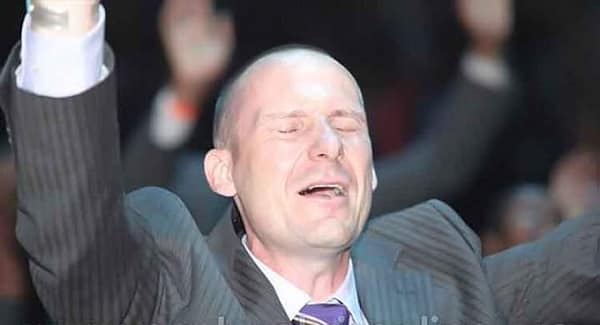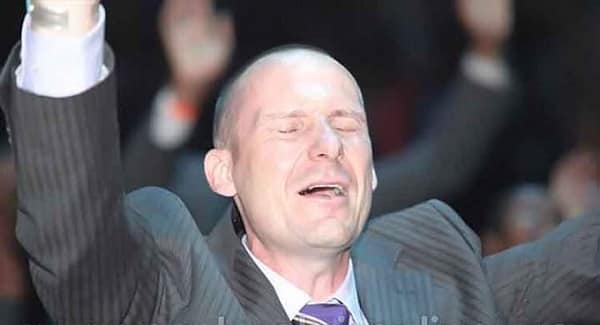
“Ye also, as
lively stones are built up a spiritual house, an holy priesthood, to offer up
spiritual sacrifices, acceptable to God by Jesus Christ”(1 Peter 2:5).
Part of our
ministry toward God as New Testament priests includes giving Him thanks,
praising Him, presenting our bodies to Him and living holy lives before Him.
These are our expressions of worship. You may have wondered, what are these
sacrifices? Well, the scripture informs us that these sacrifices are “the fruit
of our lips” (Hebrews 13:15).
Just as the
priest offered sacrifices of burnt offerings and burnt incense in the Old
Testament, we in the New Testament offer sacrifices of praise to God with our
words. Thus, praising God means giving thanks to His Name for definite reasons.
Thus the sacrifices we should offer are the sacrifice of praise (Hebrews 13:15)
and a living sacrifice of our bodies (Romans 12:1). The sacrifices of praise
are the confessions, declarations, psalms, hymns and spiritual songs of the
glory, grace and goodness of God that we make unto Him.
Too many
times, people associate prayer with problems when ideally they don’t need to
have a problem to pray. Prayer is a ministry for us as New Testament believers.
This is why you can turn away from everyone and everything to worship the Lord
and adore Him. As you do this, you send forth incense unto God (Revelation 5:7;
8:2-3). Anybody can pray but it takes the child of God to send forth incense by
the Spirit into the presence of God.
As we
worship and praise God and present our bodies a living sacrifice to Him, His
presence rubs upon us and overshadows us. His presence breaks us. A lot of
Christians don’t know what it is to be broken. John the Baptist said, “He must
increase, but I must decrease” (John 3:30). That’s exactly what happens to us
when we stay in continual contact with God through worship. Then, our flesh
becomes subdued until it’s broken, and the beauty and essence of God within our
spirit is fully released.






